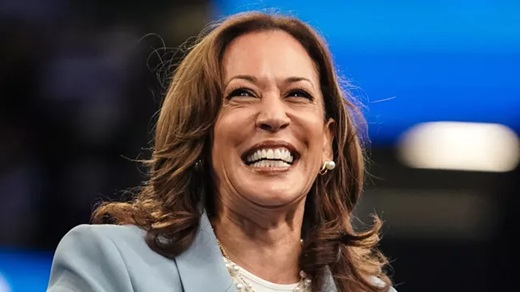Rumi, the 13th-century Persian poet, wrote a classic fable called The Elephant in the Dark.
One evening, Hindus transporting an elephant stopped in a town to rest. They stored the elephant in a massive shelter to protect it from the cold. The townspeople, who had never seen an elephant before, begged to see it. The Hindus informed the locals that the elephant couldn’t be properly viewed in the dark, but the people were willing to pay to see it right away.
The first person ventured into the dark, touched the elephant’s trunk, and stated, “This animal resembles a pipe.” The second person touched the elephant’s ear and exclaimed, “No! This beast looks like a giant fan.” The third person placed his hand on the elephant’s leg and said, “What fan? This elephant is sturdy as a pillar.”
Rumi concluded, “As more and more people entered into the dark room, each one emerged with a different understanding of the phenomenon they had encountered. None of them could fully determine what the elephant looked like because they were in the dark and had to rely on their imperfect senses.”
Rumi left the elephant’s perspective out of the fable. The elephant most likely assumed it was being stroked by admirers rather than strangers trying to figure out what it was.
Democratic Senator from California Kamala Harris was one of over twenty candidates seeking the 2020 Democratic presidential nomination. Harris’ campaign never received much support because she struggled to articulate her policy positions. Voters, like Rumi’s townspeople, were left in the dark, clutching at fragments of her ideas while attempting to comprehend her larger vision for the country. Right before Harris withdrew from the race, an interviewer asked Harris why she thought her campaign did not resonate with more voters.
Harris used that opportunity to highlight “the elephant in the room.” She stated that America is not ready for a woman of color to be president.
The interviewer reminded Harris that America had elected Barack Obama. Furthermore, in the 2016 presidential election, Hillary Clinton won the popular vote, but Harris responded, “There is a lack of ability or difficulty in imagining that someone we have never seen can do a job that has been done 45 times by someone who is not that person.”
Was there actually an “elephant in the room,” or was Harris in the dark about her shortcomings and blamed the failure of her campaign on a lack of admirers?
Joe Biden became the Democratic Party’s presidential nominee. Biden went into the Democratic tent to select a running mate and chose Harris because she was a minority and the opposite sex.
The Hill reported in 2023 that Kamala Harris had a record low favorability rating for vice presidents. However, the Democratic Party nominated Vice President Harris after President Biden declined to run for reelection due to health issues. When Harris ran for president, it was unclear what policies she supported, but she thought she could win the presidency by being more admired than her rival. Once again, the voters resembled the townspeople in Rumi’s fable, left in the dark trying to figure her out.
Harris lost the electoral and popular votes. The loss validated Harris’ belief that America was not ready for a woman of color to be president.
It was believed that Harris would bounce back from her defeat and run for governor of California in 2026. Her first public appearance after losing the presidency was at an event hosted by Emerge, a group that trains Democratic women for office. Harris asked whether the audience had seen the video of the elephants at the San Diego Zoo during the earthquake. She stated that when the elephants felt the ground shake beneath them, they circled to protect the most vulnerable.
“Think about it.” Harris told the crowd. “What a powerful metaphor.” She went on, “We know those who try to incite fear are most effective when they divide and conquer. When they separate the herd, when they try to make everyone think they are alone. But in the face of a crisis, the lesson is don’t scatter. The instinct should be to immediately find and connect with one another, understanding that the circle will be stronger.”
This time, even Harris’ admirers were perplexed about her choice of metaphor.
Harris recently announced that she will not run for governor. After hearing the news, Juan Williams, a political analyst, speculated why she chose not to enter the race. He said, “She got a little bit of a shock when she looked at some of those internal polling numbers and saw, despite having run for president, there was no overwhelming support for her in running for the governor’s office in California.” However, in an interview with Stephen Colbert, Harris disclosed her reasoning. “I don’t want to go back into the system.” She explained. “I think it’s broken.”
Apparently, Harris is still in the dark about why she lacks admirers, but at least this time she didn’t blame the “elephant in the room.”


